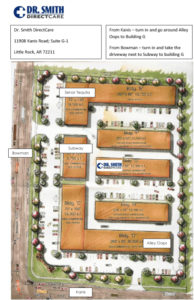Patients often accumulate more daily medication than they need, or remain on medications that are not “good” for them. “Medication reconciliation” is defined as the process of reviewing each of your medications with your physician during an office visit. During this interaction, a discussion should occur as to whether each of your medications is essential, and whether it is at the right dose, as well as to confirm that the information noted in the medical record is correct.
The process of intentionally reducing the number of medications your are taking is referred to as “de-prescribing”. Any medication that cannot clearly be defined as necessary for treating a specific condition should be either tapered or discontinued.
I have discovered that many patients will come into visits (often under the care of multiple providers and specialists for various conditions), and be taking 10 or more medications. In almost every case, one or more of these medications can be eliminated, to the benefit of the patient.
Sometimes, if it isn’t clear whether or not a medication is essential, it can be eliminated during a trial period, only to be reinstated later, if necessary. An example might be a patient who take three different medications for hypertension, whose pressure is under control. The patient may have been taking these medications for years. In some cases, different meds were added by different providers, with the ‘left hand not knowing what the right hand is doing’.
So, if you are on multiple medications for chronic conditions, be sure to ask your provider to review these at your next office visit. And, if you want a provider who will carefully review your medications at every visit, come see us!
